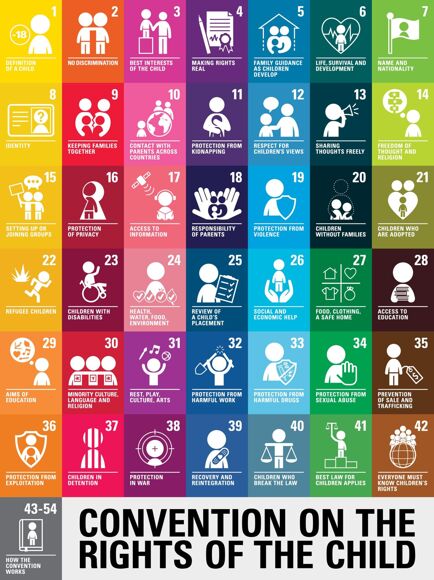- Home
- Our School
- A Gold Rights Respecting School
A Gold Rights Respecting School
What is the UNCRC?
The UN Convention on the Rights of the Child sets out the human rights of every person under the age of 18. The Convention is an international human rights treaty which was adopted by the UN General Assembly in 1989 and ratified by the UK in 1991.
The Convention is a very important document because it recognises that all children have the right to be treated with dignity and fairness, to be protected, to develop to their full potential and to participate.
Child rights education aims to build the capacity of children as rights-holders to claim their rights, and the capacity of adults as duty-bearers to fulfil their obligations.
What exactly is a Rights Respecting School?
A Rights Respecting School is where young people gain self-esteem by learning about the rights they have from birth. Evidence shows from assessments that pupils:
- Feel much more included
- Self-esteem rises
- Begin to think about others and their rights
- Learn to negotiate
- Child rights education aims to build the capacity of children as rights-holders to claim their rights, and the capacity of adults as duty-bearers to fulfil their obligations.
Rights Respecting at Firs Primary School
Where children learn:
- The difference between wants and needs.
- That needs = rights.
- That their rights are also their friend’s rights i.e. they begin to learn that they have a responsibility.
Children learn that rights bring responsibilities for adults and children:
- If children have a right to be protected from conflict, cruelty, exploitation and neglect; then they also have a responsibility not to bully or harm each other.
A school where:
- Everyone learns to use the language of rights, respect and responsibility.
- Adults and young people model rights-respecting behaviour and language
A school where children gain a powerful voice:
- Campaigning by pupils to be members of the school council.
- The successful running of our school council.
- School BullyBusters representatives.
- Rights Respecting group of children.
- Having the confidence to speak passionately about matters that affect others across the world through our school curriculum.
Find out more about Rights Respecting Schools Award
 United Nations Convention on the Rights of the Child
United Nations Convention on the Rights of the Child
British Values
The Government set out its definition of British values in the 2011 Prevent Strategy, and these values were reiterated in 2014. At Firs these values are reinforced regularly and in the following ways.
Democracy
Firs is a UNICEF Rights Respecting school. Children have decided upon the school charter and the rights associated with these.
Children have many opportunities for their voices to be heard. We have a school council which meets regularly to discuss issues raised in class council meetings. The council has its own budget and is able to genuinely effect change within the school; council members for each year group are voted in by their class. Additional to the school council the school has a Rights Respecting team and BullyBusters; children have to apply for these positions and are then voted in by other children in their class.
Children have an annual questionnaire with which they are able to put forward their views about the school.
The Rule of Law
The importance of Laws, whether they be those that govern the class, the school, or the country, are consistently reinforced throughout regular school days, as well as when dealing with behaviour and through school assemblies. Children are taught the value and reasons behind laws, that they govern and protect us, the responsibilities that this involves and the consequences when laws are broken. Visits from authorities such as the Police, Fire and the medical services help reinforce this message.
Individual Liberty
Within school, children are actively encouraged to make choices, knowing that they are in a safe and supportive environment. As a school we educate and provide boundaries for young children to make choices safely, through provision of a safe environment and empowering education. Children are encouraged to know, understand and exercise their rights and personal freedoms and advised how to exercise these safely. Whether it be through choice of learning challenge, of how they record, of participation in our numerous extra-curricular clubs and opportunities, children are given the freedom to make choices.
Mutual Respect
As a Rights Respecting School, mutual respect is at the heart of our values. Children learn that their behaviours have an effect on their own rights and those of others. All members of the school community treat each other with respect.
Tolerance of those of Different Faiths and Beliefs
Firs is situated in an area which is culturally diverse, therefore we place a great emphasis on promoting diversity with the children. Assemblies are regularly planned to promote and celebrate a variety of faiths and cultures. Our RE, PSHE and Cornerstones topic teaching reinforces this. Members of different faiths or religions are encouraged to share their knowledge to enhance learning within classes and the school. Children visit places of worship that are important to different faiths.
At Firs, we will actively challenge children, staff or parents expressing opinions contrary to fundamental British Values, including ‘extremist’ views.
